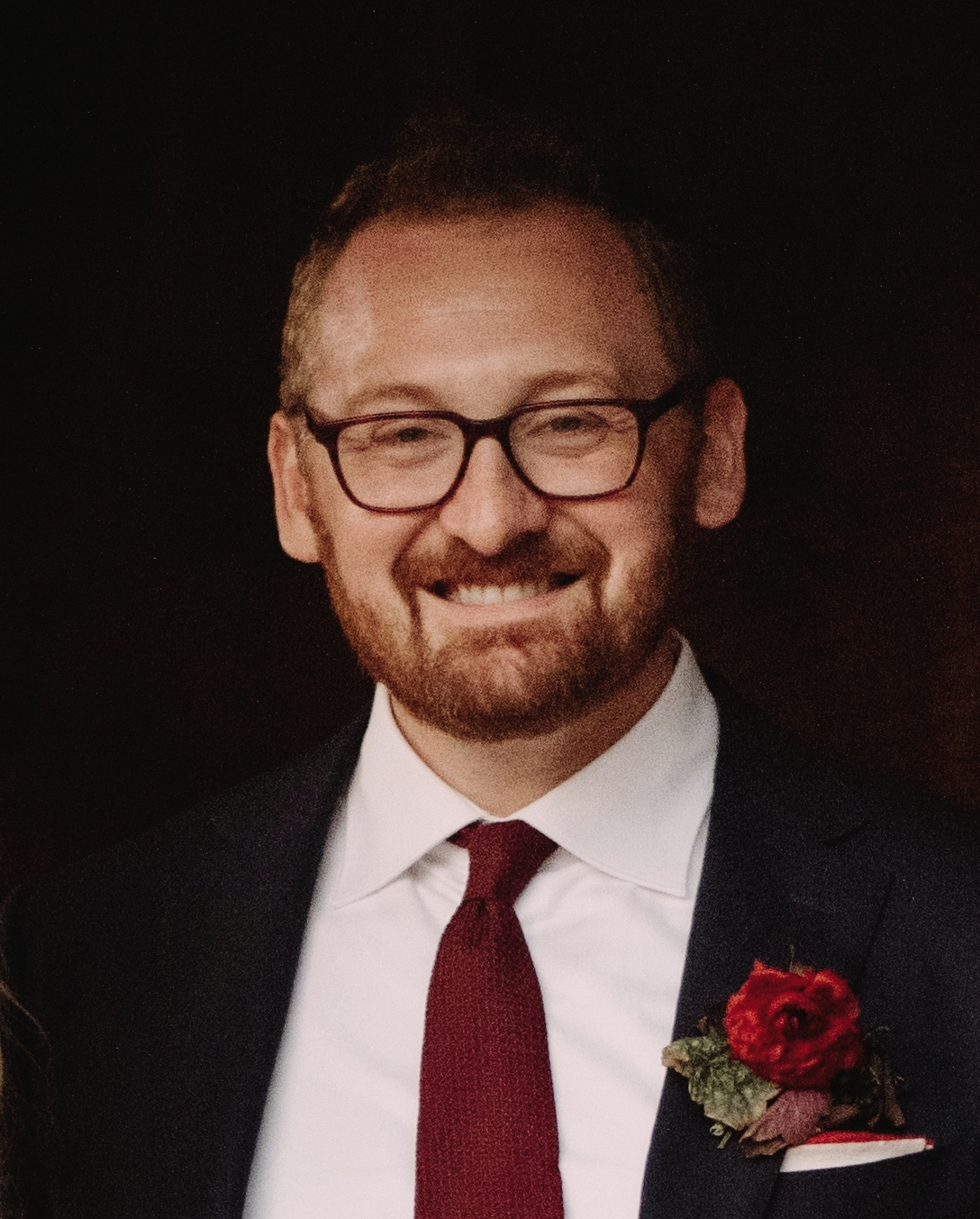This interview is adapted from a segment in the Brookings Cafeteria podcast called “Coffee Break,” where a scholar new to Brookings introduces their background, research interests, and offers book recommendations. The transcript has been slightly edited from the audio recording.
My name is Scott Anderson, and I’m the David M. Rubenstein Fellow in Governance Studies. In addition to my role here at Brookings, I am a senior editor at Lawfare. I spend a lot of time with them ensuring that we have quality coverage of major developments in national security law and national security policy.
Get to know Scott Anderson
Q: Where did you grow up?
A: I grew up in Arlington, Virginia just across the river from us here in our nation’s capital.
Q: What inspired you to become a scholar?
A: Growing up in the D.C. area I was inspired to become a scholar by the fact that so many world events and national events were happening so proximate to me. A lot of the professors and parents of people I knew growing up were involved with policy issues that were very important and impacting a lot of people’s lives. So I knew from a pretty early age that I wanted to be a participant in a lot of the important policy discussions happening in our country.
Q: What do you think is the most important issue we’re facing today?
A: Among the many very important policy issues we’re facing today, one of the most important certainly is the manner in which we’re pursuing and expanding our use of force overseas. The war on terrorism has led to U.S. activities in a number of forums, in a number of different types of activities, and at a scale and a volume that very few people would have anticipated 10-15 years ago.
A lot of [these activities] are very reasonable, a lot of them respond to very real threats and there are good reasons policymakers want to pursue them. But the framework that we have—the legal framework, the institutional framework for ensuring democratic accountability and public accountability for a lot of those actions—hasn’t kept up with a lot of those changes. I think finding ways to ensure that, as we engage in these new types of conflict, we still stay true to our own democratic principles and the other principles of law that we have in our country. This should be a major priority for many of our lawmakers and policymakers
Q: What are you working on now?
A: In addition to spending a fair amount of time covering and responding to some major developments in the Middle East, I spend a good amount of my time here at Brookings working on a new project looking at the institutions that we have to monitor the use of war powers and use of force overseas.
The War Powers Resolution that was enacted in 1973 has certain requirements and the use of those has evolved throughout presidential administrations over the last several decades. But a lot of the actual requirements and the practices that have evolved from them don’t track ways that we use force currently. And Congress has authorized a wide range of related activities, including types of security assistance and other sorts of security cooperation, that don’t clearly fit in that framework, but obviously have a huge impact on how we prosecute our national security policy overseas.
I’m trying to develop new frameworks and proposals of ways we may be able to reform those systems to ensure that we have better accountability and oversight.
Q: If you could recommend any book to our listeners, what would it be?
A: There are two books that I would recommend to listeners. The first one would be a book called “Moral Man and Immoral Society,” by Reinhold Niebuhr. This is a book that was recommended to me by a professor my first week of college in my International Relations 101 class, and it has influenced the way I think about a lot of things. The author Reinhold Niebuhr was a theologian, but also a political activist and a deep thinker about both domestic politics and international politics, and in it he really wrestles with how one can both embrace ethics, but understand some of the unethical-seeming, or unethical things, that emerge from human institutions and systems of government. He tries to find a way to craft policy that navigates between those two poles and does so in a way not just as a scholar, but as a practitioner and an activist.
The second book I would recommend—it is actually technically a lecture—is Max Weber’s “Science as a Vocation.” It’s his less-read lecture after “Politics as a Vocation,” but it’s really showing him wrestling with what the advent of the era of rationality can mean for spirituality and personal belief, as well as political belief and political ideology. He paints a picture of the limits of rationality in our day-to-day lives, and addresses some of the major questions that we face as human beings that I think really speaks to a lot of the social trends that we see over the 20th and 21st centuries. It’s something that I find myself thinking about almost every day when I read the newspaper.
Related Content:
The Constitutional Context for Iraq’s latest crisis
The Brookings Institution is committed to quality, independence, and impact.
We are supported by a diverse array of funders. In line with our values and policies, each Brookings publication represents the sole views of its author(s).





Commentary
Meet Scott Anderson, new Rubenstein Fellow in the Governance Studies Program
March 1, 2018